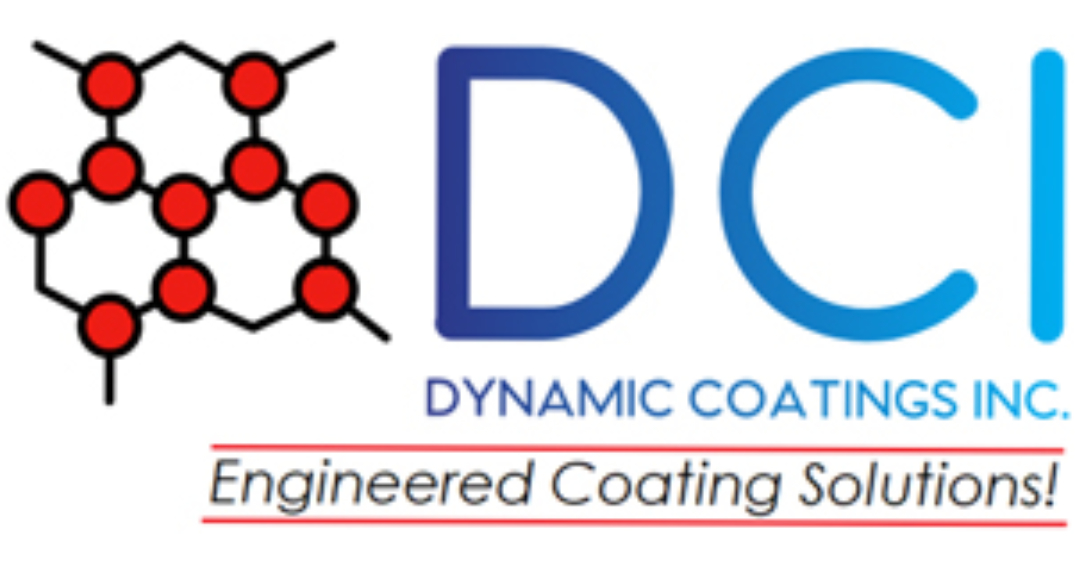Anti-seize / Anti-galling Issues
Galling can occur when metal parts, such as the threads of nuts and bolts, are forced together and rubbing generates friction among the asperities (high spots) on the surface. The friction causes heat, which is mainly isolated to these asperities. The asperities weld together but further displacement causes these tiny welds to break, which makes the surface even rougher, creating more opportunity for friction. Seizing and/or galling is a type of metal-to-metal contact wear that rips and tears out portions of metal surfaces. It is often caused by metal parts seizing together because of lack of lubrication. It usually occurs when the metals moving together are of the same hardness. Frictional heat promotes this type of wear.
The tendency for metal to gall when in sliding contact with itself or with other alloy materials can be reduced with the use of dry film lubricants. This is particularly desirable for bearing surfaces and for threads of bolts. Dry film lubricant coatings reduce the galling tendency and are effective in preventing seizure of bolt threads.
With stainless steel the galling potential is dramatically reduced. This is true even for stainless on stainless. If the thread roll or thread cut is hanging burr free, galling on normal installation should be a thing of the past. On stainless or steel with standard thread flank design multiple on/off cycles at the same torque range is typical.
Our DYNASLIPTM 4301 material is a resin bonded, graphite lubricant, dry film coating designed for continuous service temperatures to 700° F., intermittent service to 1400° F. and functioning as an anti-seize to 2400° F. This coating is ideal for head bolts, exhaust system fasteners, turbo chargers, etc. The coating provides corrosion resistance equal to most platings/phosphate and oil.
High Temperature Issues
When an organic coating, paint or insulating varnish, is given a temperature rating, that means it will withstand prolonged exposure to that temperature. Withstand usually means that it will continue to provide protection to the product at that temperature. The resin (polymer) in the coating will not degrade.
Some of the resin-based coatings used for heat-resistance include phenolics, polyimides, and silicones. Heat-resistant coatings are usually modified-resins which include graphite and/or molybdenum disulfide.
Our DYNASLIPTM 4301 material is a resin bonded, graphite lubricant, dry film coating designed for continuous service temperatures to 700° F., intermittent service to 1400° F. and functioning as an anti-seize to 2400° F. This coating is ideal for head bolts, exhaust system fasteners, turbo chargers, etc. The coating provides corrosion resistance equal to most platings/phosphate and oil.
